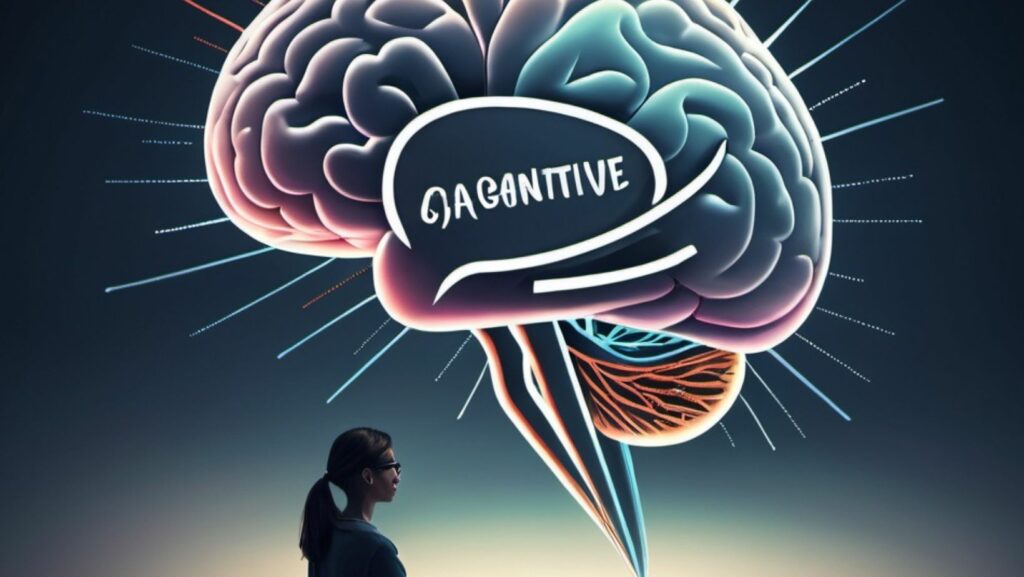The UMass Center for Mindfulness stands at the forefront of mindfulness education and research. Founded by Dr. Jon Kabat-Zinn, it has transformed countless lives through its innovative programs that integrate mindfulness into everyday practices. As stress and anxiety levels rise in today’s fast-paced world, the center offers a beacon of hope, guiding individuals toward greater awareness and emotional resilience.
With a focus on evidence-based practices, the center provides a variety of courses and workshops designed to cultivate mindfulness skills. Participants learn to navigate life’s challenges with a sense of calm and clarity, fostering a deeper connection to themselves and others. This article delves into the center’s mission, offerings, and the profound impact of mindfulness on mental well-being.
UMass Center for Mindfulness
UMass Center for Mindfulness, established by Dr. Jon Kabat-Zinn, stands as a pioneering institution in mindfulness education and research. The center addresses increasing stress and anxiety levels through innovative programs that advance mindfulness practices in everyday life. It provides various evidence-based courses and workshops designed to enhance mindfulness skills.
The center’s mission focuses on promoting mental well-being and resilience. Participants experience classes that teach techniques for managing thoughts and emotions effectively. Each program aims to foster a deeper understanding of mindfulness, enabling individuals to approach life’s challenges with calmness and clarity.
Key offerings include the Mindfulness-Based Stress Reduction (MBSR) program, the Mindfulness-Based Cognitive Therapy (MBCT) program, and workshops tailored for specific populations. The MBSR program comprises eight weeks of intensive training, while MBCT uniquely blends cognitive therapy principles with mindfulness practices.
Participants note significant benefits, including reduced stress, improved emotional regulation, and enhanced concentration. Research demonstrates that consistent mindfulness practice contributes to positive changes in brain structure and function, promoting overall mental health. The center’s commitment to scientific inquiry ensures that its programs continuously evolve to meet participants’ needs effectively.
History and Founding
The UMass Center for Mindfulness, established in the late 1970s, has significantly influenced the field of mindfulness education and research. It emerged in response to the growing need for effective stress management techniques in a fast-paced world.
Pioneer in Mindfulness Research
Dr. Jon Kabat-Zinn founded the center while developing the Mindfulness-Based Stress Reduction (MBSR) program. This innovative program combined mindfulness meditation and yoga to enhance mental and physical health. Through rigorous research, the center demonstrated the effectiveness of mindfulness practices in reducing stress and improving overall well-being. As a pioneer in mindfulness research, it has published numerous studies that validate the myriad benefits of mindfulness, influencing both academic and therapeutic practices worldwide.
Key Figures Involved
Dr. Jon Kabat-Zinn played a crucial role in the center’s founding, integrating principles of mindfulness with scientific inquiry. Alongside him, influential figures such as Dr. Saki Santorelli and Dr. Patricia Jennings contributed to the evolution of the center’s programs. Their collective efforts established a robust framework for mindfulness education that has since reached thousands of individuals seeking improved mental health. The engagement of these key figures facilitated the center’s expansion from local to international recognition, cementing its status as a leader in the field.
Programs Offered
The UMass Center for Mindfulness provides a variety of programs designed to enhance mindfulness skills and support mental well-being. Two core offerings stand out due to their significant impact on participants.
Mindfulness-Based Stress Reduction (MBSR)
MBSR is an evidence-based program developed by Dr. Jon Kabat-Zinn that combines mindfulness meditation and yoga. The course typically spans eight weeks, with weekly group sessions and a day-long retreat. Participants engage in practices like body scans, mindful breathing, and gentle yoga to cultivate awareness and present-moment focus. Research indicates that MBSR effectively reduces stress, anxiety, and chronic pain while fostering emotional resilience. Participants often report improved overall well-being and enhanced coping abilities.
Mindfulness-Based Cognitive Therapy (MBCT)
MBCT integrates cognitive behavioral techniques with mindfulness strategies to break the cycle of recurrent depression. This eight-week program emphasizes awareness of thoughts and feelings without judgment. Participants learn to practice mindfulness through guided meditations and group discussions that explore the relationship between thoughts and emotions. Studies show that MBCT significantly reduces the risk of relapse in individuals with a history of depression. The program equips individuals with tools to manage challenging emotions and promotes healthier mental habits.
Impact on Mental Health
The UMass Center for Mindfulness significantly affects mental health, offering transformative programs that yield measurable benefits. A wealth of research underscores the positive impact of mindfulness practices on psychological well-being.
Research Studies and Findings
Numerous studies validate the effectiveness of mindfulness-based interventions from the UMass Center for Mindfulness. A meta-analysis published in JAMA Internal Medicine demonstrated that mindfulness meditation programs reduce anxiety, depression, and pain. Another study in Psychological Science indicated that participants in MBSR experienced improved attention and decreased emotional reactivity. Research from institutions like Harvard University revealed changes in brain structure following mindfulness training, specifically in areas responsible for emotional regulation and cognitive functioning. Additionally, longitudinal studies show sustained benefits of regular practice, leading to enhanced resilience against stress.
| Study Title | Journal | Key Findings |
|---|---|---|
| Mindfulness-Based Stress Reduction and Health | JAMA Internal Medicine | Reduces anxiety, depression, and chronic pain. |
| Impact of Mindfulness on Cognitive Function | Psychological Science | Improves attention and lowers emotional reactivity. |
| Brain Changes Associated with Mindfulness | Frontiers in Human Neuroscience | Positive structural changes in brain regions involved in emotional control. |
Testimonials from Participants
Participants consistently report profound positive changes in their mental health after engaging with the UMass Center for Mindfulness programs. One participant shared, “The MBSR program transformed my approach to stress; I feel equipped to handle life’s challenges with clarity.” Another noted, “Mindfulness practices helped me regain control over my emotions, reducing anxiety and enhancing my overall well-being.” These testimonials reflect increased emotional resilience, better stress management, and greater life satisfaction amongst program graduates. Individuals often claim they cultivate a deeper sense of self-awareness, leading to improved relationships and healthier coping strategies.
Community Engagement and Outreach
The UMass Center for Mindfulness actively engages with the community, fostering mindfulness practice through various workshops, events, and online resources. These initiatives aim to broaden the reach of mindfulness education and equip individuals with essential tools for mental well-being.
Workshops and Events
Workshops and events organized by the center serve as essential platforms for promoting mindfulness practice. Regularly scheduled workshops cover topics such as stress reduction, emotional regulation, and mindful communication. These interactive sessions encourage participants to share experiences and learn from each other. Seasonal retreats offer immersive experiences, allowing attendees to deepen their mindfulness practice in a supportive environment. Each event cultivates a sense of community and encourages ongoing personal development.
Online Resources and Courses
Online resources and courses extend the center’s outreach, making mindfulness accessible to a wider audience. The center provides on-demand video lectures, guided meditations, and informational articles that address various aspects of mindfulness practice. Participants can enroll in self-paced courses, such as the eight-week online MBSR program, which mirrors in-person experiences while accommodating individual schedules. The availability of these resources ensures that anyone interested can engage with mindfulness principles, promoting mental health regardless of geographical location.
Helping People Lead Fulfilling Lives
The UMass Center for Mindfulness stands as a beacon of hope for those navigating the complexities of modern life. Its innovative programs and evidence-based practices empower individuals to cultivate mindfulness and resilience. With a rich history rooted in scientific inquiry and personal transformation, the center continues to inspire countless participants to embrace healthier coping strategies. As mindfulness gains recognition worldwide, the center’s commitment to accessibility ensures that everyone can benefit from its life-changing offerings. By fostering self-awareness and emotional regulation, the UMass Center for Mindfulness is not just teaching skills; it’s helping people lead more fulfilling lives.



